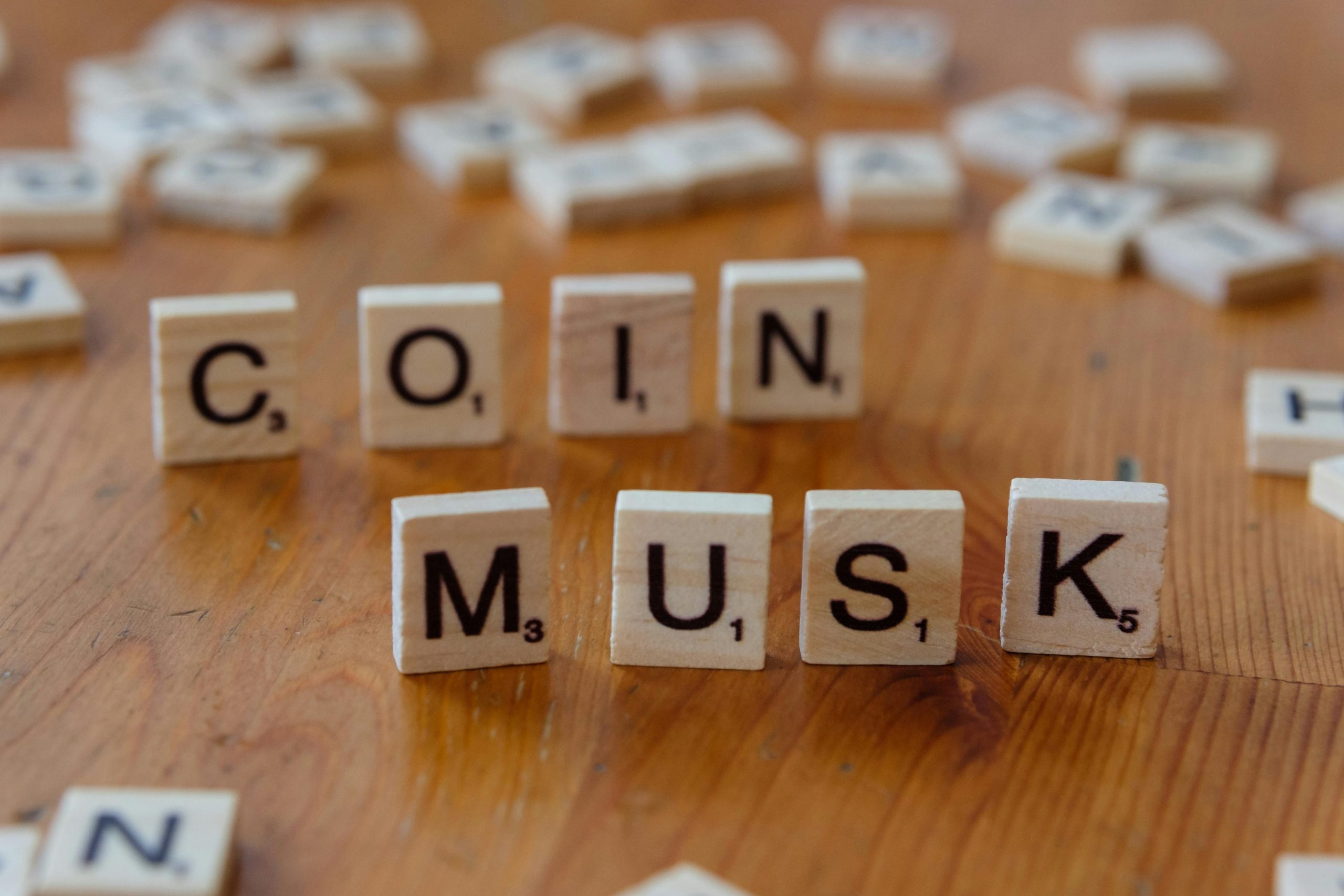The Hidden Reality of AI That Everyone Is Overlooking
The Hidden Danger of AI: Losing Our Capacity for Boredom and Creativity
In our rapidly advancing digital age, it’s easy to focus on the tangible benefits of AI—its convenience, efficiency, and ability to handle complex tasks. But beneath the surface lies a profound concern that few are discussing: as AI and algorithms dominate our entertainment and daily distractions, are we inadvertently eroding a fundamental aspect of human innovation?
Think back—when was the last time you experienced truly deep boredom? That state where your mind drifts freely, unprompted by notifications or external stimuli? It’s a rare occurrence these days. More often than not, as soon as we encounter moments of quiet or monotony, our instinct is to reach for our smartphones or scroll through social media. AI tools are now ever-present, ready to entertain us instantly and endlessly.
This brings us to a critical insight: boredom has historically been a fertile ground for creativity. Many groundbreaking ideas come from periods of idle reflection. Albert Einstein found inspiration during long walks, developing his theories as his mind wandered freely. J.K. Rowling conceived the concept of Harry Potter during a delayed train journey. Charles Darwin’s most innovative ideas emerged during his leisurely walks along nature’s trails. These moments of unstructured contemplation sparked some of humanity’s greatest innovations.
The essence of our humanity lies in our ability to handle boredom productively—through dreaming, imagining, and connecting seemingly unrelated dots. These processes fuel our progress and creative breakthroughs. However, AI—an almost omnipresent and endlessly patient entertainment source—may be undermining this natural human trait. Why would our brains wander when AI is always ready to fill any void with instant gratification?
The concern escalates when we realize that AI has been trained using human creativity—creativity born from boredom and reflection. If we no longer experience boredom, we risk stifling our creative impulses. Without the need to think deeply or imagine freely, what will AI learn from next? If the source—our own boredom-driven creativity—is suppressed, it raises questions about the sustainability of AI’s development and the future of human innovation itself.
We are at a pivotal moment. We may have inadvertently solved boredom at a critical juncture—just when it spurred extraordinary advancements. But now, with the relentless pursuit of instant entertainment, could we be walking into a future where curiosity, innovation, and original thinking diminish or even disappear?
As we continue to integrate AI into every facet of life, it














Post Comment